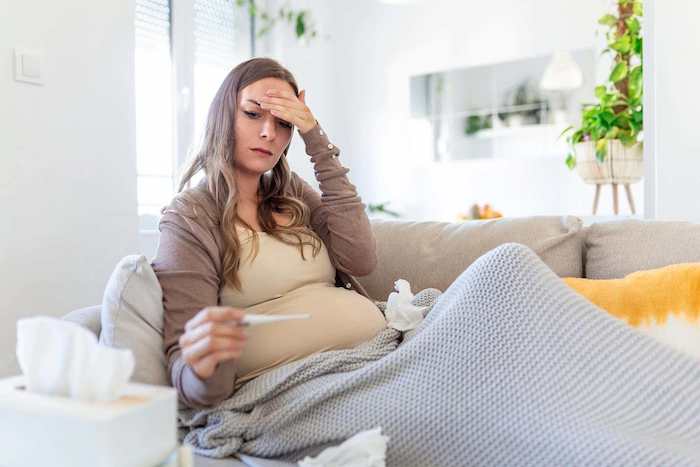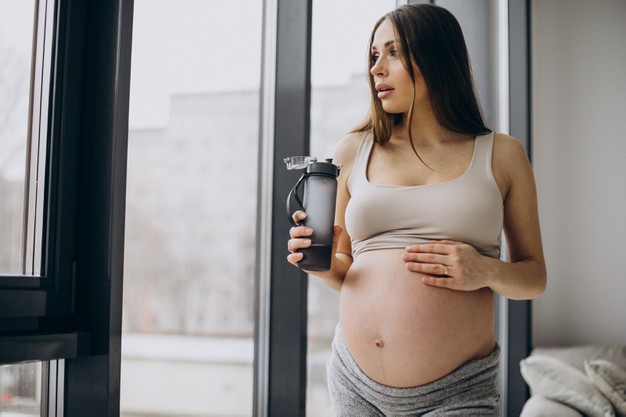According to a new international study, led by Michigan Medicine, sleeping for more than nine hours per night during pregnancy is linked with late stillbirth. The findings of the study were published in the journal Birth, to point out a link between long periods of uninterrupted maternal sleep and stillbirths that are independent of other risk factors.
As per the National Sleep Foundation, pregnant women must sleep 7 to 9 hours every night and sleeping beyond 10 hours can be termed as excessive sleeping during pregnancy.
What happens during the night?
Multiple night-time awakenings can worry some women, but it appears to be protective in case of stillbirth. More research is needed to what may be driving the connection between maternal sleep and stillbirths.
How sleeping can cause stillbirth?
Blood pressure is said to be at its lowest during sleep, but when someone is up, a rise in the nervous system activity occurs, causing an intermittent increase in the blood pressure. A brief change in the blood pressure is able to avoid a long stretch of low blood pressure. Low blood pressure has been related to foetal growth defects, preterm birth, and stillbirth.
While on the other hand, it is said that pregnant women should avoid waking up in the middle of the night. Sleep deprivation has been linked to poor pregnancy outcomes. There is evidence that sleep disruption is related to poor pregnancy outcomes, few studies have looked at the other end of the continuum, such as long stretches of uninterrupted sleep.
The study should be included in studies aiming to reduce stillbirths because it is a potentially modifiable risk factor.
Why do women feel tired during pregnancy?
It is normal to feel tired more than usual during the first and the third trimester of your pregnancy. This happens because your blood volume and progesterone levels rise during the first trimester, which can make you feel drowsy. Carrying around the extra baby weight and mental anxiety of labor pain and responsibilities that are about to come may make you want to spend more time in bed.
The hormonal and physiological changes can affect your quality of sleep. Pregnancy-related discomforts can cause restless nights and elevated stress and anxiety levels. All this can make you feel exhausted throughout the day and make you want to sleep.
Due to the pressure on the bladder, women might have to go for frequent urination and thus it’s advisable to reduce water intake closer to bedtime.
How you can get more sleep during pregnancy?
Use maternity pillow
A pregnancy pillow can make you feel supported and secured.
Warm milk
Drink warm milk before bed and eat at least 3 hours before you go to sleep. Avoid looking at the screen and listen to some soothing music for better sleep.
Exercise
Daily exercise can keep you energetic throughout the day and help your body remain healthy when it comes to giving birth to your baby.
Massage
A massage can be really relaxing and sleep including. It can help you feel better and alleviate some of the pain and aches that come with pregnancy.
![]()











